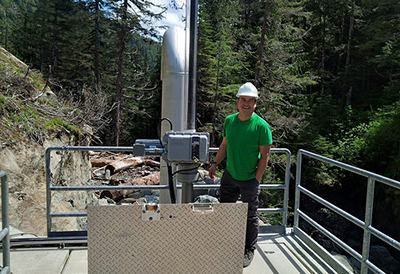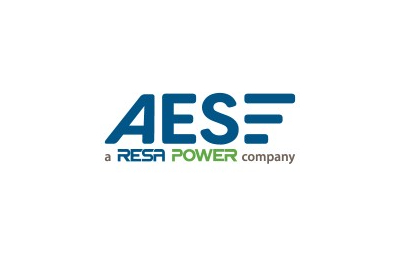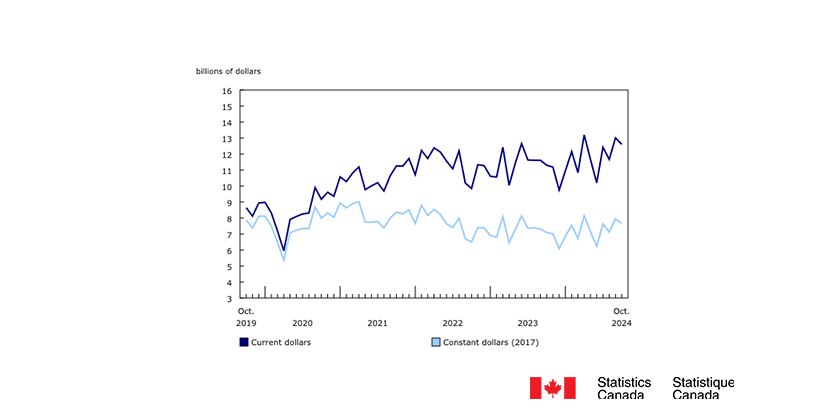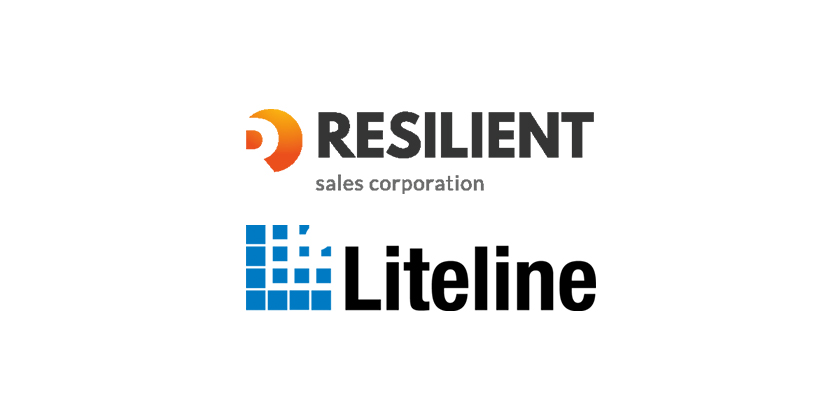BC Accepting Applications for First Nations Clean Energy Business Fund

Jan 15 2016
To support greater First Nations participation in the clean energy sector, applications are being accepted until the end of January for funding from BC’s First Nations Clean Energy Business Fund (FNCEBF).
The B.C. First Nations Clean Energy Business Fund aims to promote increased First Nations participation in the clean-energy sector through
• up to $500,000 in equity funding to invest in clean energy projects and to help communities attract further investment.
• up to $150,000 in equity funding to support small-scale, heat electrical production, energy management and efficiency projects.
• up to $50,000 in capacity-development funding to support First Nations with community-energy planning, feasibility studies or engagement with private-sector proponents of clean energy projects and training.
• revenue-sharing from eligible, new clean energy projects based on revenues from water and land rents.
Since 2011, the province has invested more than $6.8 million through the FNCEBF to support First Nations participation in clean energy projects for 116 Aboriginal communities.
In 2015, a total of $1.358 million was invested in 14 First Nations new clean energy projects and as of year end, the government has entered into 39 clean energy revenue sharing agreements with 31 First Nations. Since the inception of the fund, more than $8.21 million has been shared with First Nations.
From small, run-of-river hydro projects and community energy planning, to reducing diesel and propane use and exploring ocean thermal power, First Nations are developing innovative, clean green energy projects throughout B.C. with support from the fund.
The scope of the fund has been expanded this year and now includes equity investments to implement high-efficiency heating technologies. The installation of small-scale wind or biomass or other renewable energy technologies that will provide load displacement in the community are examples that the FNCEBF will fund. Capacity funding has also been expanded and can now be applied to certain types of training including solar and insulation installation, draft proofing, ventilation and energy efficient home and building design.
Find out more: http://www.gov.bc.ca/arr/economic/fncebf.html.

















